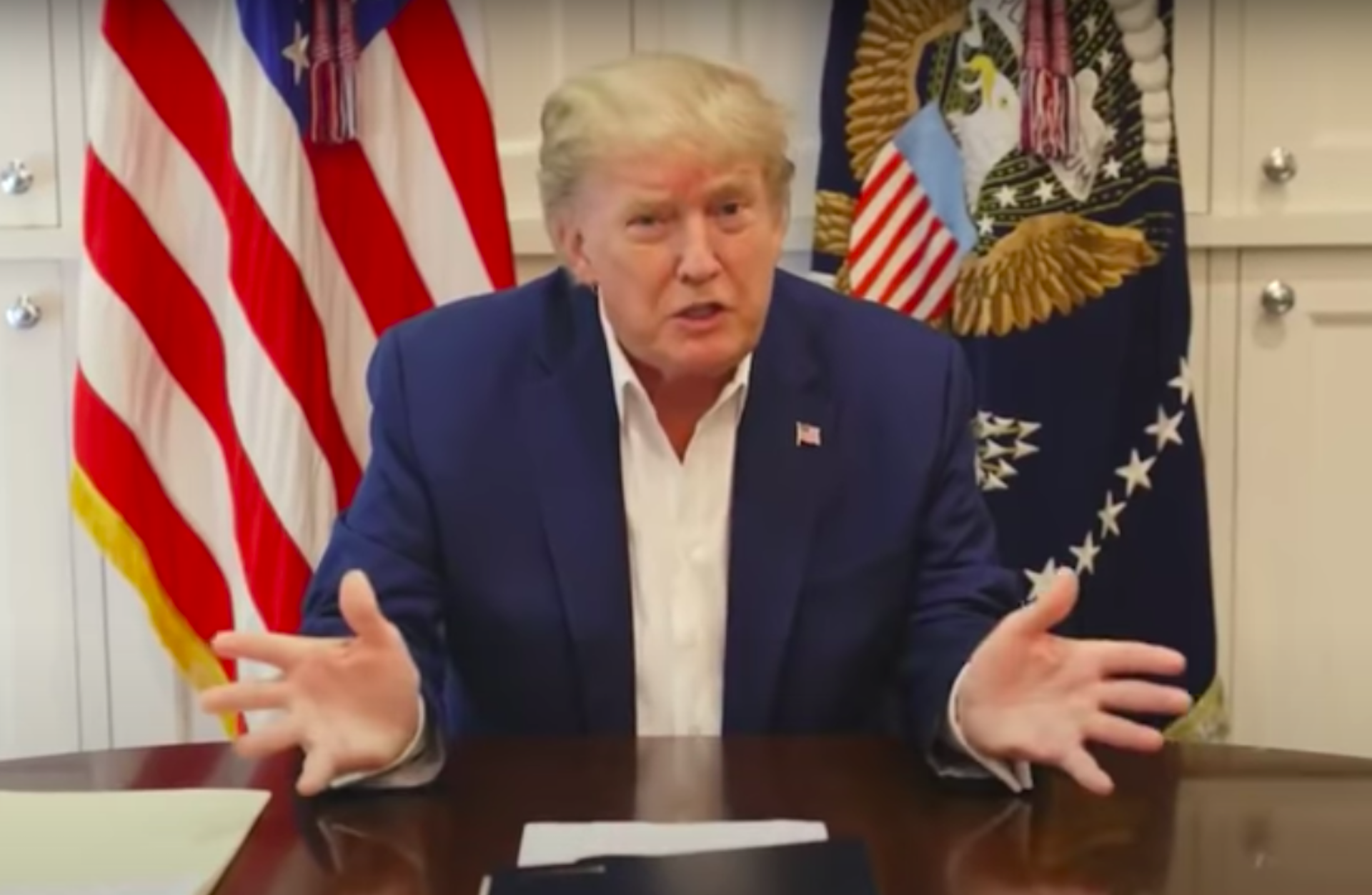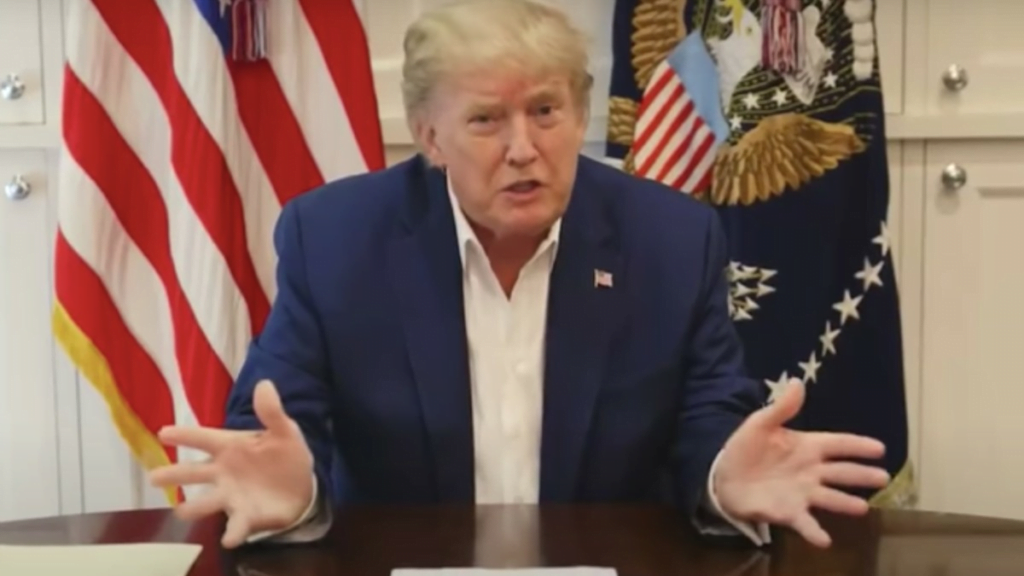[ad_1]

President Trump’s doctors were in cleanup mode on Sunday, admitting that they’d hidden information about his health from the public during their Saturday press briefing even as they continued to decline to discuss some specifics about Trump’s battle with the coronavirus.
Dr. Sean Conley, Trump’s White House physician, told reporters that Trump had experienced two transient episodes of low oxygen.
“Late Friday morning when I returned to the bedside, the president had a high fever and his oxygen saturation was transiently dipping below 94 percent. Given these two developments I was concerned for possible rapid progression of the illness,” he said.
Conley said that Trump had been put on two liters of supplemental oxygen for “about an hour,” and his oxygen levels returned to normal.
Conley said that on Saturday, “ there was another episode where he dropped down and around 93 percent.”
Trump was administered a steroid called dexamethasone, which can be used to treat inflammation and to knock back the body’s own overactive immune response when fighting COVID-19. The powerful steroid is usually only used for patients who have a serious case of the disease, said Jonathan Dinman Chair of the Department of Cell Biology and Molecular Genetics at University of Maryland.“
”Dexamethasone is a really heavy-duty steroid,” Dinman told VICE News. “You don’t give dexamethasone to somebody unless they really, really need it.”
Trump’s doctors also said that Trump hadn’t had a fever since Saturday, was improving, his current blood oxygen levels were at 98 percent, and said he could head home as soon as Monday.
“If it continues to look and feel as well as he does today our hope is that we can plan for discharge as early as tomorrow to the White House where he can continue his treatment course,” Dr. Sean Dooley, a pulmonologist, said during the press conference.
Conley admitted that he and the other doctors hadn’t been forthcoming about Trump’s condition during his Saturday briefing with reporters, arguing he’d done so because he wanted to stay “upbeat” and “didn’t want to give any information that might steer the course of illness in another direction” — seeming to suggest that being truthful about Trump’s condition could somehow make him worse.
But while Conley was less evasive than he had been on Saturday, he still dodged questions about how Trump’s lungs looked in scans, and whether he had signs of pneumonia.
Conley said the president’s oxygen levels had dipped “below 94” percent but when asked if he’d dropped below 90, dodged by saying he’d never dropped into the low 80s.
Greg Walters contributed reporting.
Dr. Sean Conley, Trump’s White House physician, told reporters that Trump had experienced two transient episodes of low oxygen.
“Late Friday morning when I returned to the bedside, the president had a high fever and his oxygen saturation was transiently dipping below 94 percent. Given these two developments I was concerned for possible rapid progression of the illness,” he said.
Conley said that Trump had been put on two liters of supplemental oxygen for “about an hour,” and his oxygen levels returned to normal.
Conley said that on Saturday, “ there was another episode where he dropped down and around 93 percent.”
Trump was administered a steroid called dexamethasone, which can be used to treat inflammation and to knock back the body’s own overactive immune response when fighting COVID-19. The powerful steroid is usually only used for patients who have a serious case of the disease, said Jonathan Dinman Chair of the Department of Cell Biology and Molecular Genetics at University of Maryland.“
”Dexamethasone is a really heavy-duty steroid,” Dinman told VICE News. “You don’t give dexamethasone to somebody unless they really, really need it.”
Trump’s doctors also said that Trump hadn’t had a fever since Saturday, was improving, his current blood oxygen levels were at 98 percent, and said he could head home as soon as Monday.
“If it continues to look and feel as well as he does today our hope is that we can plan for discharge as early as tomorrow to the White House where he can continue his treatment course,” Dr. Sean Dooley, a pulmonologist, said during the press conference.
Conley admitted that he and the other doctors hadn’t been forthcoming about Trump’s condition during his Saturday briefing with reporters, arguing he’d done so because he wanted to stay “upbeat” and “didn’t want to give any information that might steer the course of illness in another direction” — seeming to suggest that being truthful about Trump’s condition could somehow make him worse.
But while Conley was less evasive than he had been on Saturday, he still dodged questions about how Trump’s lungs looked in scans, and whether he had signs of pneumonia.
Conley said the president’s oxygen levels had dipped “below 94” percent but when asked if he’d dropped below 90, dodged by saying he’d never dropped into the low 80s.
Greg Walters contributed reporting.
[ad_2]
Source link

